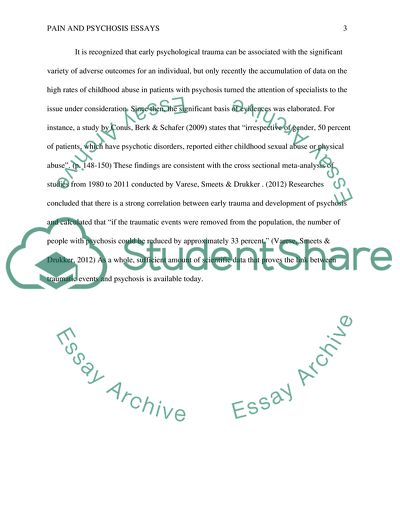Cite this document
(Mini Essays Essay Example | Topics and Well Written Essays - 1500 words, n.d.)
Mini Essays Essay Example | Topics and Well Written Essays - 1500 words. https://studentshare.org/psychology/1855744-mini-essays
Mini Essays Essay Example | Topics and Well Written Essays - 1500 words. https://studentshare.org/psychology/1855744-mini-essays
(Mini Essays Essay Example | Topics and Well Written Essays - 1500 Words)
Mini Essays Essay Example | Topics and Well Written Essays - 1500 Words. https://studentshare.org/psychology/1855744-mini-essays.
Mini Essays Essay Example | Topics and Well Written Essays - 1500 Words. https://studentshare.org/psychology/1855744-mini-essays.
“Mini Essays Essay Example | Topics and Well Written Essays - 1500 Words”. https://studentshare.org/psychology/1855744-mini-essays.


